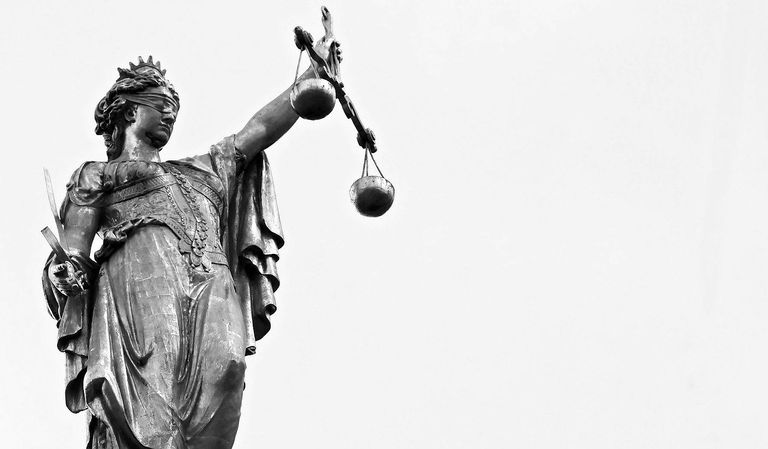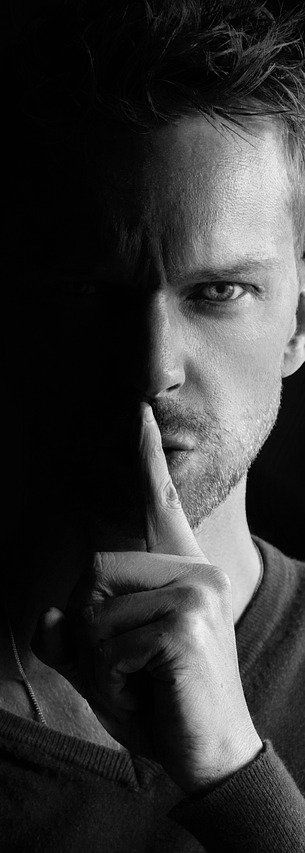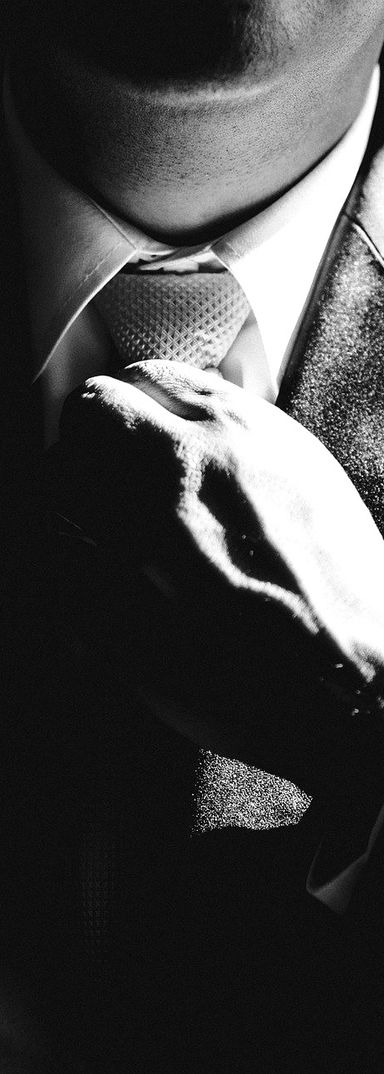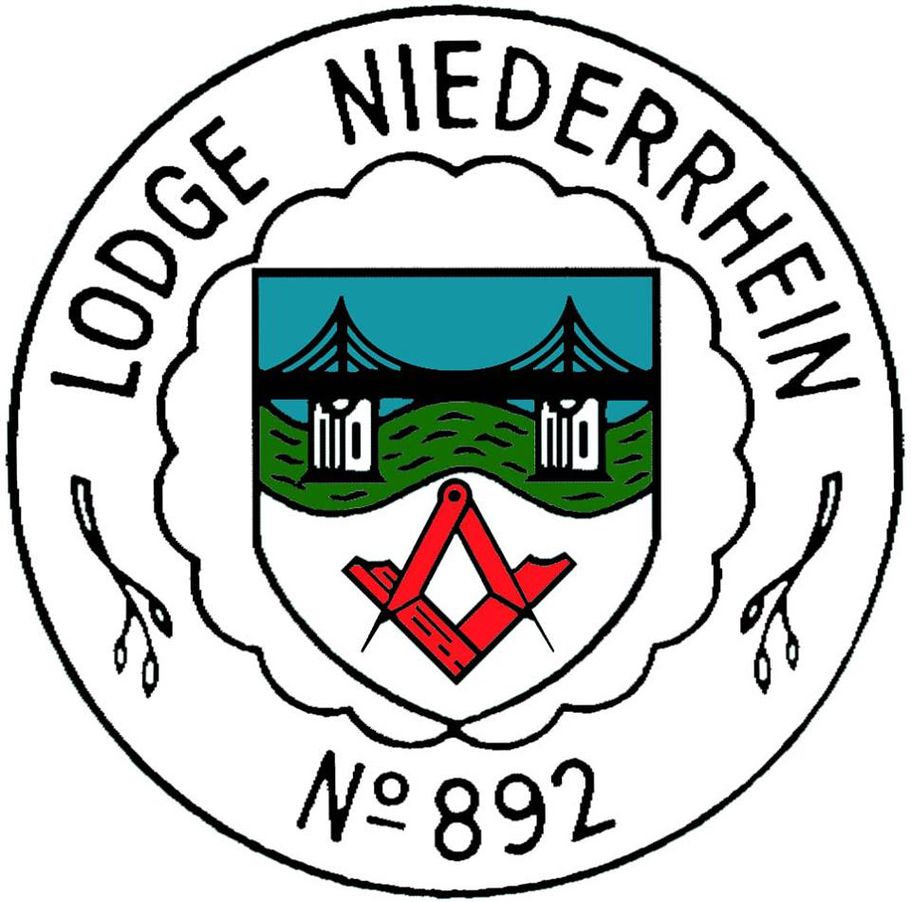What's it all about
Freemasonry is one of the world’s oldest secular fraternal societies. This explanation may correct some misconceptions. We are a society of men concerned with moral and spiritual values.
- Freemasonry is not a religion, nor is it a substitute for religion. Its essential qualification opens it to men of many religions and it expects them to continue to follow their own faith. It does not allow religion to be discussed within the Lodge.
- Freemasonry is not connected in any way with a political creed. A Freemason's political views are his own and a Lodge may well have members belonging to many different democratic political parties. For that reason, no discussion of political matters is permitted in a Lodge.
- Freemasonry does not lend itself to the promoting of selfish or mercenary interests.
- Contrary to the opinion held by many, Freemasonry is not a charitable institution, as such. But one of the fundamental principles of Freemasonry is the practice of relief.
- Freemasonry is not an insurance.
- Freemasonry is not a secret society but a society with secrets.
The Grand Lodge of British Freemasons in Germany has pointed out some interesting further information for those thinking about to become a Mason.
There is also a great booklet "simple answers to leading questions" available, published by the Grand Lodge of Antient, Free and Accepted Masons of New Zealand.
A Freemason is encouraged to do his duty first to his God (by whatever name he is known), through his faith and religious practice; and then, without detriment to his family and those dependent on him, to his neighbour through charity and service. None of these ideas is exclusively Masonic, but all should be universally acceptable. Freemasons are expected to follow them.
The Three Great Principles
Brotherly Love
Brotherly Love - Every true Freemason will show tolerance and respect for the opinions of others and behave with kindness and understanding to his fellow creatures.
Relief
Freemasons are taught to practice charity and to care, not only for their own, but also for the community, both by charitable giving, and by voluntary efforts and works as individuals.
Truth
Freemasons strive for truth, requiring high moral standards and aiming to achieve them in their own lives. Freemasons believe that these principles represent a way of achieving higher standards in life.
§
Respect for the Law
Freemasonry demands from its members a respect for the law of any country in which a man may work and live.
The principles of Freemasonry do not in any way conflict with its members' duties as citizens, whether at work or at home or in public life, but on the contrary should strengthen them in fulfilling their public and private responsibilities. Thus there is no conflict of interest between a Freemason's obligation and his public duty. If an actual or potential conflict of duties or interests is known to exist or is foreseen, a declaration to that effect should be made.
It may on occasions be prudent to disclose membership to avoid what others mistakenly imagine to be a potential conflict or bias, but this must be a matter for individual judgment.
Freemasonry and Society
Freemasonry demands from its members a respect for the law of the country in which a man works and lives. Its principles do not in any way conflict with its members' duties as citizens but should strengthen them in fulfilling their public and private responsibilities.
The use by a Freemason of his membership to promote his own or anyone else's business, professional or personal interests is condemned, and is contrary to the conditions on which he sought admission to Freemasonry. His duty as a citizen must always prevail over any obligation to other Freemasons, and any attempt to shield a Freemason who as acted dishonourably or unlawfully is contrary to this prime duty.
Freemasonry is non-political, and the discussion of politics at Masonic meetings is forbidden.

Duty as a citizen
A Freemason's duty as a citizen must always prevail over any obligation to other Freemasons, and any attempt to shield a Freemason who has acted dishonourably or unlawfully, or to confer an unfair advantage on another Freemason is contrary to this prima duty.

The secret Society
It is not a secret society. In ordinary conversation there is very little about Freemasonry that may not be discussed.
The secrets of Freemasonry are concerned with its traditional modes of recognition. It is not a secret society. All members are free to acknowledge their membership and will do so in response to enquiries for respectable reasons. Its constitutions and rules are available to the public.
There is no secret about any of its aims and principles.
Like many other societies, it regards some of its internal affairs as private matters for its members.
Obligation
New members make solemn promises concerning their conduct in the lodge and society. These obligations are similar to those taken in court or upon entering the armed services or many other organizations.
Each member also promises to keep confidential the traditional methods of proving he is a Freemason, which he would use when visiting a lodge where he is not known. The much-publicised 'traditional penalties' for failure to observe these undertakings were removed from the promises. They were always symbolic not literal and refer only to the pain any decent man should feel at the thought of violating his word.
Members also undertake not to make use of their membership for personal gain or advancement; failure to observe this principal or otherwise to fall below the standards expected of a Freemason can lead to expulsion.
use of membership
A Freemason must not use his membership to promote his own or anyone else's business, professional or personal interests.
This is made clear directly or by inference several times during a Freemason's early career so that no Freemason can pretend to be ignorant of it. A Freemason who transgresses this rule may be suspended from Masonic activities or even expelled.
Freemasonry should not be allowed to harm a man's family or other connections by taking too much of his time or his money or causing him to act in any way against their interests.
Who can become a Freemason?
Our fraternity has a wonderful history, which dates back more than three centuries. It is one of the world’s oldest secular fraternities, a society of men concerned with moral and spiritual values. Founded on the three great principles of Brotherly Love, Relief, and Truth, it aims to bring together men of goodwill, regardless of background and differences.
People might think that to become a Freemason is quite difficult. It's straightforward.
Any man of more than 21 years of age who cares for the world in which we live, who is prepared to practice high moral standards and seeks excellence in all he undertakes. Someone who believes in family values, who is willing to contribute to the betterment of society. A law-abiding citizen, who seeks the fellowship of like-minded men.
A person, who believes in the equality of all men and in the existence of a supreme being. Today Freemasons are speaking out to spread their beliefs in a world which many feel has moved away from standards which foster a caring community and ideals which nurture a better world.
Membership of Freemasonry is open to men of all faiths who are law-abiding, of good character and who acknowledge a belief in a Supreme Being. Freemasonry is a multi-racial and multicultural organization. It has attracted men of goodwill from all sectors of the community into its membership.
Why do people join and remain members?
People become Freemasons for a variety of reasons, some as the result of family tradition, others upon the introduction of a friend or out of a curiosity to know what it is all about.
Those who become active members and who grow in Freemasonry do so principally because they enjoy it. They enjoy the challenges and fellowship that Freemasonry offers. There is more to it, however, than just enjoyment.

Participation in the dramatic presentation of moral lessons and in the working of a lodge provides a member with a unique opportunity to learn more about himself and encourages him to live in such a way that he will always be in search of becoming a better man, not better than someone else but better than he himself would otherwise be and therefore an exemplary member of society.
Each Freemason is required to learn and show humility through initiation. Then, by progression through a series of degrees he gains insight into increasingly complex moral and philosophical concepts, and accepts a variety of challenges and responsibilities, which are both stimulating and rewarding.
The structure and working of the lodge and the sequence of ceremonial events, which are usually followed by social gatherings, offer members a framework for companionship, teamwork, character development, and enjoyment of shared experiences.
